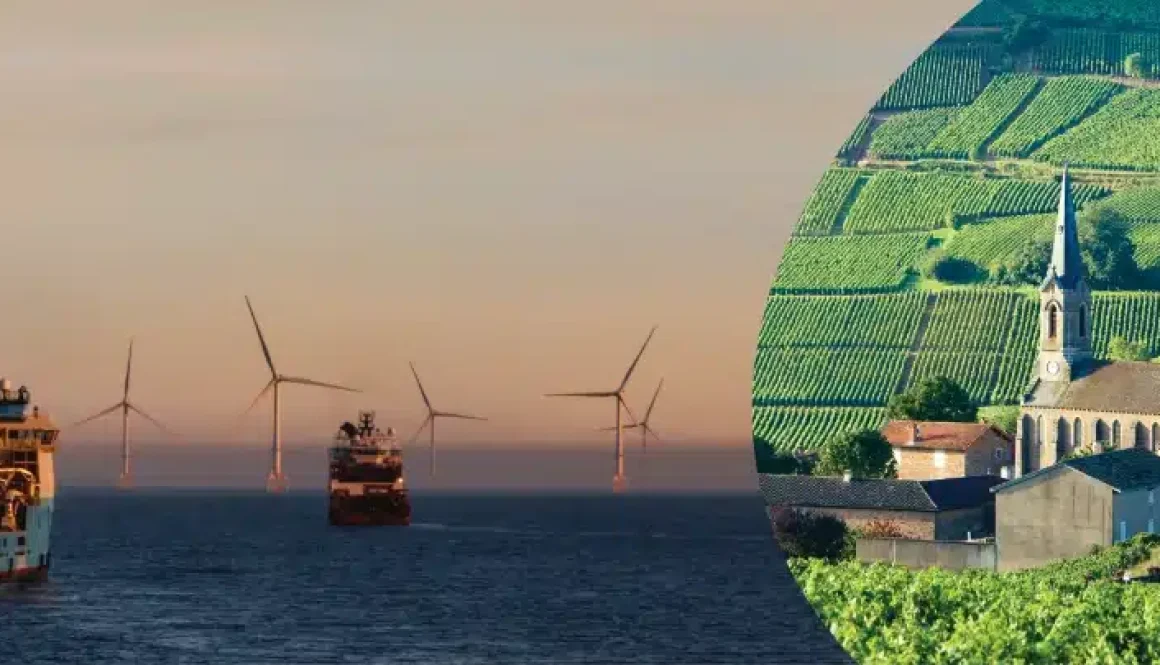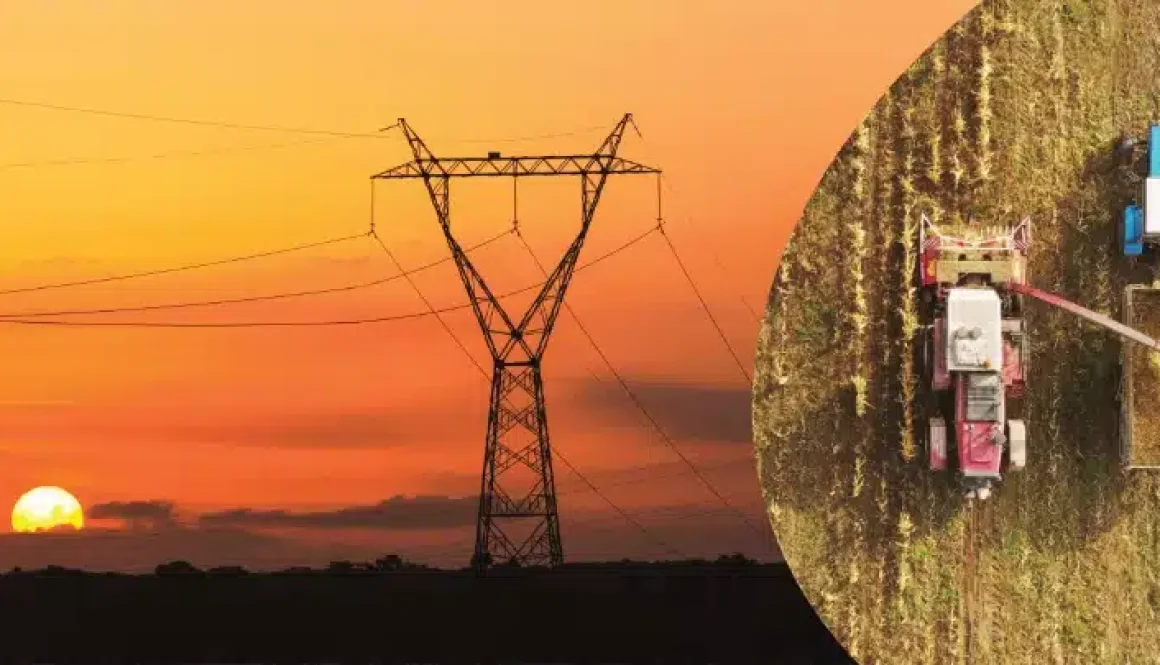The course of study ‘Sustainability Transformation for Finance’ prepares the student for new regulations, accounting methods and challenges a finance professional must deal within the very near future.


The course of study ‘Sustainability Transformation for Finance’ prepares the student for new regulations, accounting methods and challenges a finance professional must deal within the very near future.

The foundation course explores what is ‘sustainable transition’ and how does the process reshape businesses, practices and the economy by taking into account their impact on the environment and society.

The diploma level course, is a sequel to the Certificate in Ecosystem Accounting, provides the student with the technical knowledge to register the impact of the economy on the environment and vice versa by using field and statistical information, and to report integrate accounts by applying internationally agreed recommendations and directives.

This, global benchmark, qualification introduce the student to the subject of ecosystem accounting; and provide core knowledge of the underlying principles and major technical areas of this new and emerging accounting branch.

The global benchmark sustainability course ‘Ecosystem Services Approach for Decision-Making’ will explore the link between ecosystem services and development goals, and demonstrates how to incorporate an Ecosystem Services Approach into existing decision-making processes.

The course ‘System of National Account for Ecosystem Accounting’ provide students with core knowledge of the internationally agreed set of recommendations on how to compile measures of economic activity in accordance with strict accounting conventions based on economic principles.

The ‘Biomodelling for Ecosystem Accounting’ course provides students with the essentials of biophysical modelling, which will allow him/her to compile ecosystem accounts where statistical or field information is not readily available.

The course ’Central Framework for Ecosystem Accounting’ will acquaint students with the essentials of the SEEA Central Framework, which will help him/her to understand the interactions between the economy and the environment, and enables the student to describe stocks and changes in stocks of environmental assets.
This website uses cookies. By continuing to use this site, you accept our use of cookies. Learn more